Navigating palliative care at home: 6 things you need to know
A largely untapped resource in Australia, palliative care at home offers comfort, dignity, and quality of life for people living with a life-limiting illness. It is also financially accessible through the government-funded Home Care Package program. Here are 6 things you should know if you’re considering palliative care at home.
Scroll to Explore
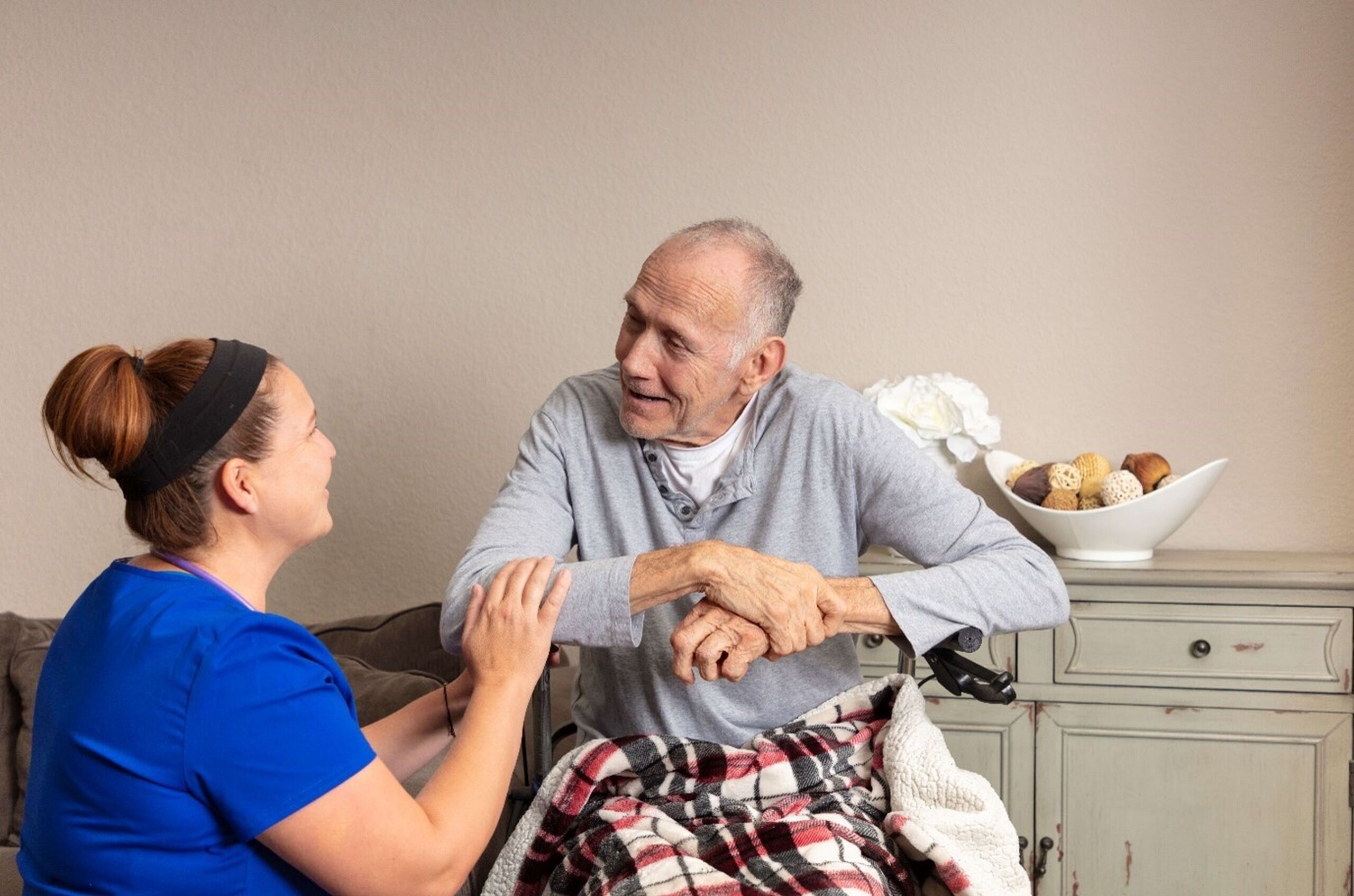
21 May 2024
Stories
| Home Care
It may surprise you to learn that in Australia, only a small proportion of people die suddenly.
Most people’s lives will draw to a close over varying periods of time, with predictable signs and symptoms as the body begins to shut down. This common trajectory offers an opportunity to support people to die well and, if possible, in the comfort of their own homes.
According to the Grattan Institute, over 70 per cent of Australians would prefer to die at home rather than in a hospital. Sadly, only 14 per cent have that wish fulfilled.
The option to receive palliative care at home is now readily available through the Home Care Package program, a government-funded service that enables older Australians to continue living in the comfort of their own home for as long as possible.
Offering peace, comfort, and dignity to people in the final stages of life, palliative care at home also provides much-needed respite and support for family members.
Here are six facts about palliative care at home to help you understand more.
1. Palliative care at home is about meeting more than physical needs
Palliative care is a specialised type of care that enables an individual and their family to cope with a life-limiting illness. It also supports them to have a natural and dignified death.
Many people receiving palliative care are living with multiple chronic, life-limiting conditions simultaneously. Palliative home care teams are highly skilled in managing the symptoms arising from these illnesses and specialise in optimising the person’s quality of life.
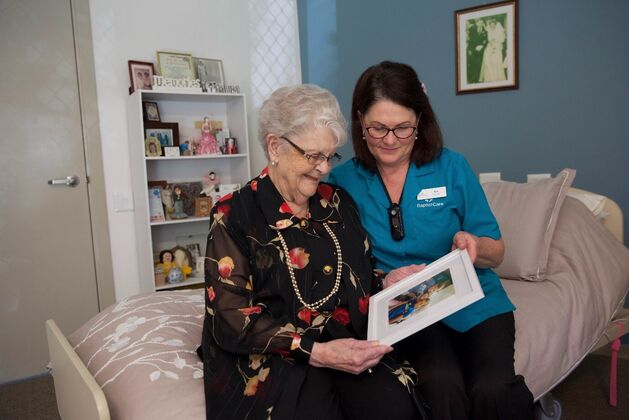
These teams are multidisciplinary, working to address every need of the person and their family, whether they are physical, emotional, or spiritual.
A palliative home care team will usually comprise:
- Care workers - a critical part of the palliative home care team, care workers have often established close, trusting relationships with clients and provide both emotional and practical support.
- Chaplains - to provide spiritual and emotional support if requested
- Registered Nurses – providing in-home nursing care
- General Practitioners – who work in conjunction with the rest of the team, supporting the coordination of care, and providing in-home visits
- Palliative care consultant support services - Registered Nurses who are specialised in providing palliative care to support clients and families with the most complex needs.
- Allied Health professionals - who use their discipline-specific skills to optimise comfort, dignity and holistic care for clients receiving palliative care at home.
2. Palliative care can be accessed any time after diagnosis – and the earlier, the better
Palliative care often has better outcomes for the person and their family when it’s accessed as early as possible after diagnosis. It means that the person’s pain relief and symptoms can be managed well from the start.
For the person and their family, accessing palliative care earlier also means that they can build trust with the palliative care team members, working closely together in caring for the dying person.
Particularly for caregivers, receiving support early on means that they are less likely to become exhausted and burnt out.
3. Palliative care is as much for the family as it is for the person who is dying
Palliative care is always deeply person-centred, but it also provides valuable support for their family.
Offering much needed respite, palliative care at home enables caregivers to take regular time out for rest and recovery so that they can continue to provide the best possible care for their loved one.
The palliative care team’s regular home visits give caregivers a break, perhaps offering a cup of tea and a chat, or even an opportunity to take a shower and have a rest.
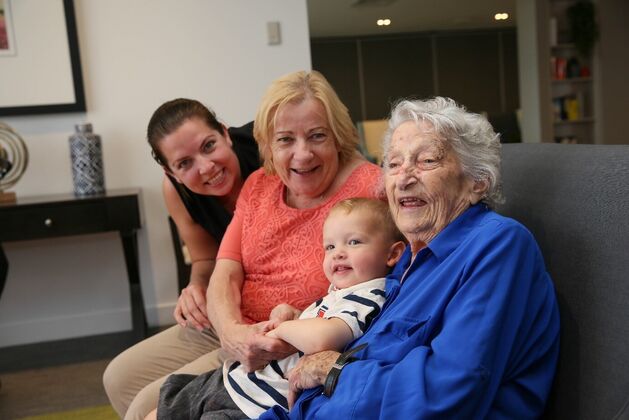
Palliative care also provides education about the dying process to family members, who may not always be familiar with the signs and stages of death.
According to Carolyn, a Palliative Care Consultant at BaptistCare with over 25 years of experience in this field, there is no need to be fearful about end-of-life symptoms – these are all part of the normal, natural process of dying.
“Understanding how our bodies shut down at the end of life can help to relieve any feelings of panic or confusion as we support the person who is dying,” she explains.

4. Palliative care is not the same as end-of-life care
Palliative care is often mistaken for end-of-life care.
Many people hear the word “palliative” and think that they, or their loved one, are going to die imminently.
But palliative care can last months or even years, with end-of-life care being a specific component – and the final stage - of palliative care.
End-of-life care relieves many of the common physical symptoms associated with dying, such as breathlessness, pain, or anxiety.
During this time, the person’s palliative care team provide more intensive care to facilitate a natural, dignified death in line with the person’s wishes.
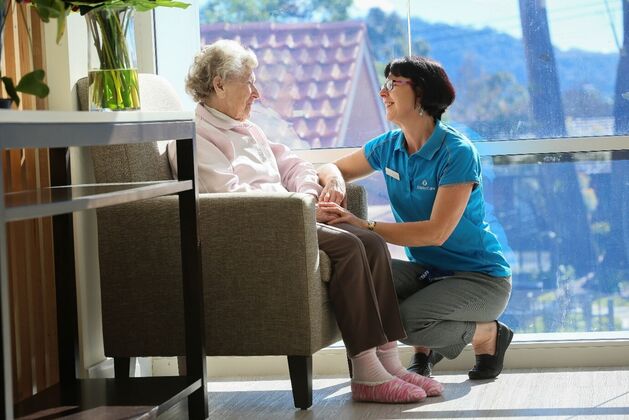
5. Palliative care always involves an Advance Care Plan
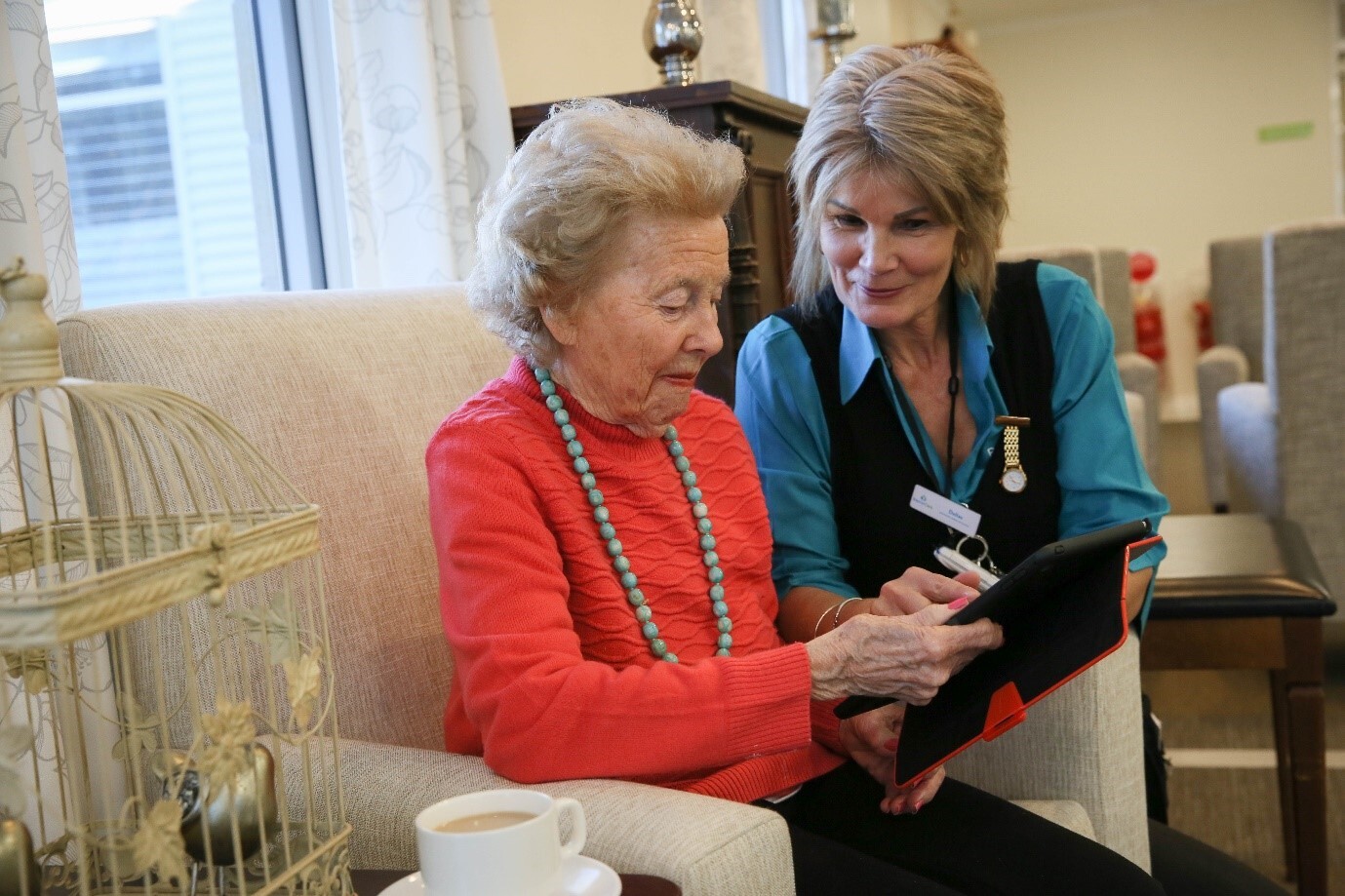
The Advance Care Plan is a communication process that enables individuals to make plans about their future health care for when they are no longer in a position to communicate their own healthcare choices.
It ensures that the person receives the palliative care they want.
The Advance Care Plan’s main objective is to detail the person’s wishes for their end-of-life care needs and – crucially - is reviewed and updated regularly throughout the palliative care process.
“It can include anything and everything,” says Carolyn. “Some people may prefer to be pleasantly sedated at the end of their life, others want to be awake and alert.
“Some might request to have rosary beads within reach or diffusers with meaningful scents, they might like certain music playing, or even ensuring that their beloved pet is in the room with them. We try to accommodate as much as we can.”
The Advance Care Plan doesn’t legally come into play until the person can no longer speak for themselves. Up until that point, the person may override their Plan at any point.
6. Palliative Care at home can be funded through your government Home Care Package (HCP)
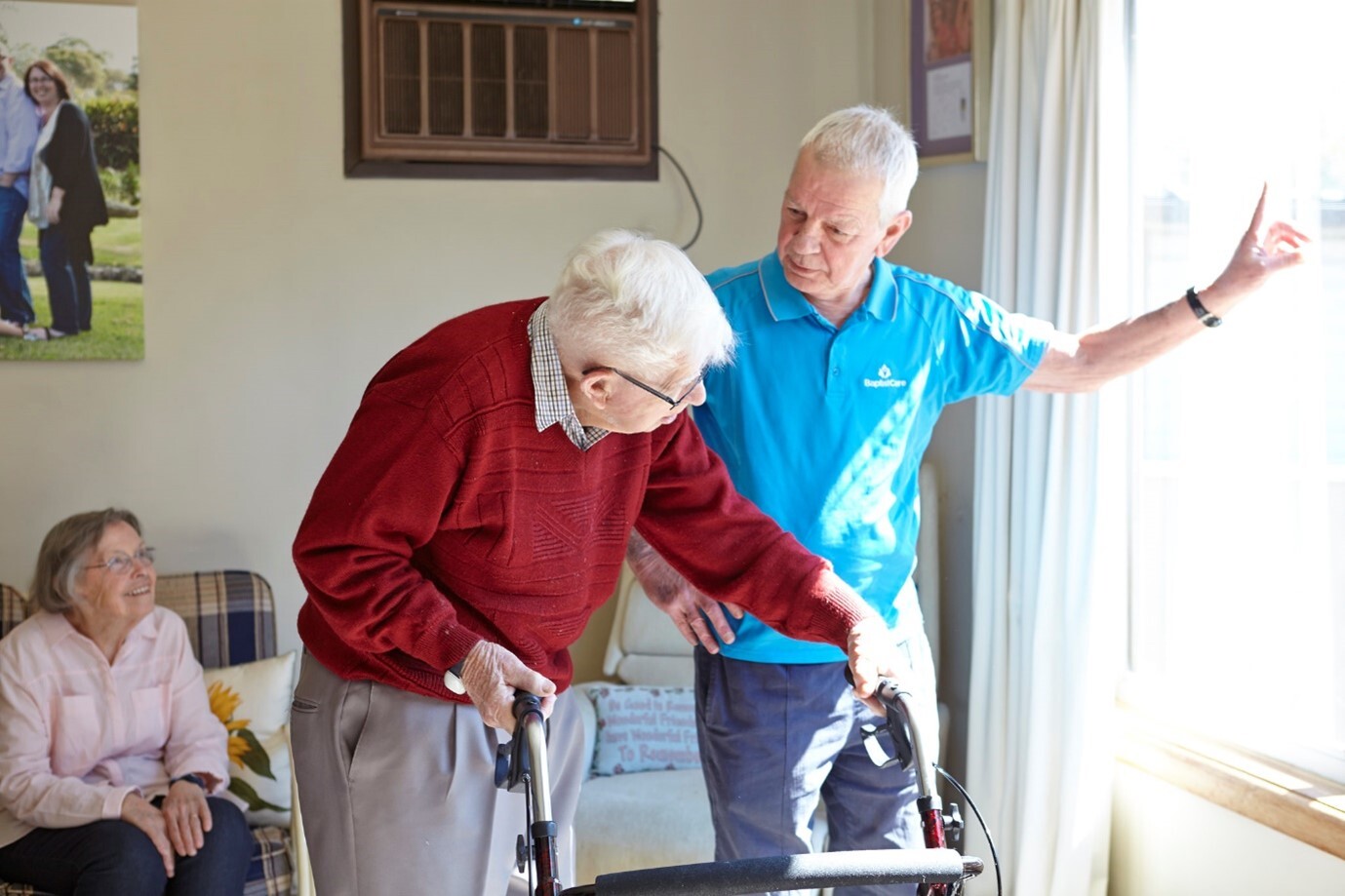
Palliative care at home can be funded through your Home Care Package, meaning that you can access government-funded support services.
Home Care Packages (HCPs) are a government-funded service that enables older Australians to continue living independently in the comfort of their own home for as long as possible.
There are four Home Care Package levels, and, depending on your requirements and care needs, Home Care Packages can include a wide range of services – including palliative care.
You can learn more here.
Palliative care with BaptistCare at home
BaptistCare at home is one of Australia’s largest and most trusted providers of palliative care at home for seniors.
For 80 years, we’ve been delivering loving, respectful, and reliable care to people across NSW, ACT, and WA.
Our trained palliative home care teams work with a people-first approach. They take time to connect with each person’s story and understand who they were before they became ill.
If you would like to know more about BaptistCare’s home care services, our friendly team are here to help you.
Please call 1300 275 227 (Monday to Friday, from 8:00am to 6:00pm) or email us at ask@baptistcare.org.au.